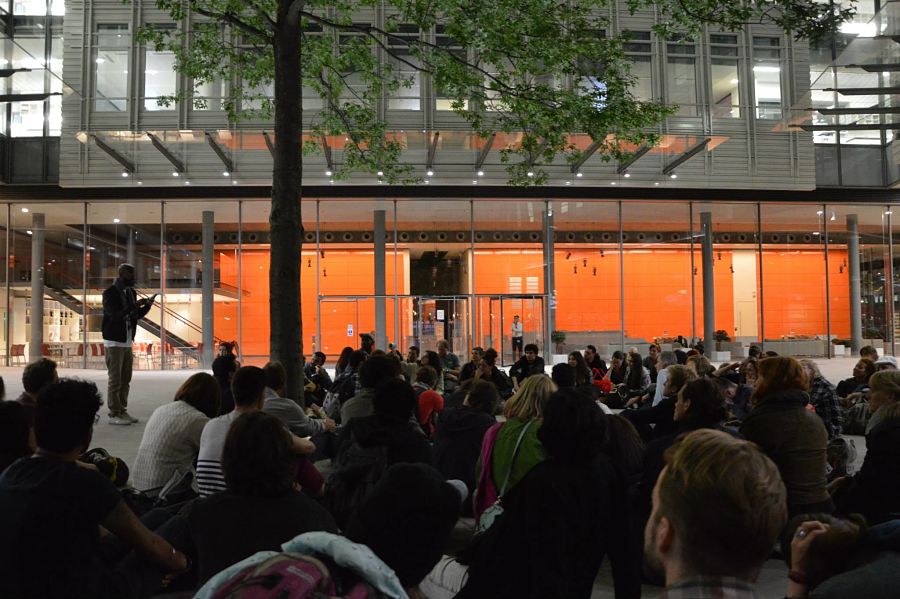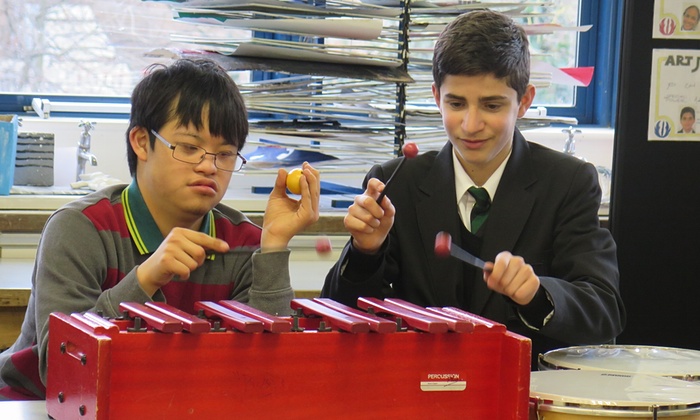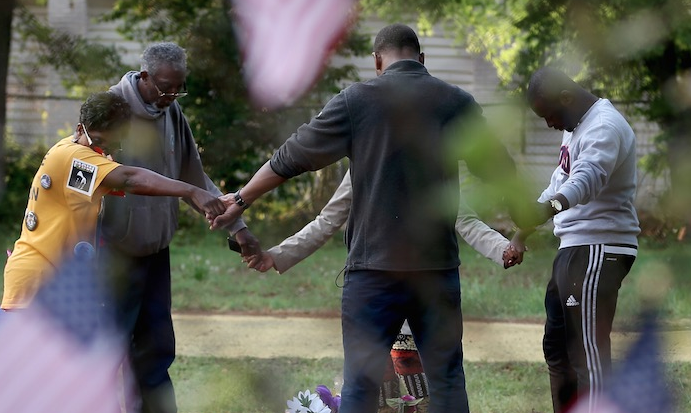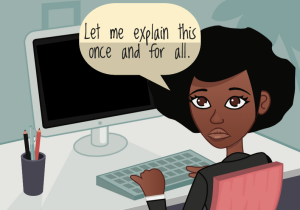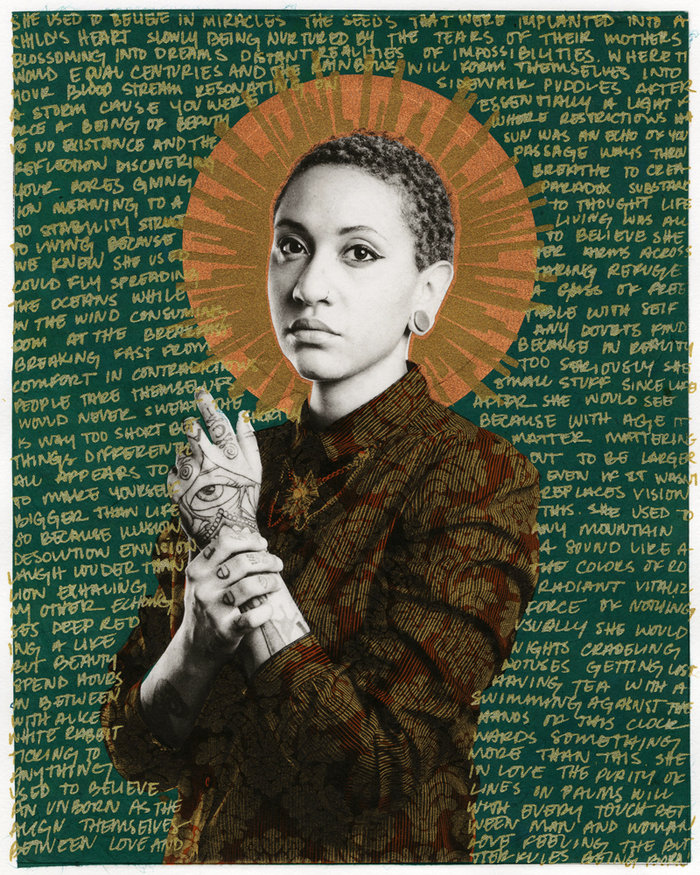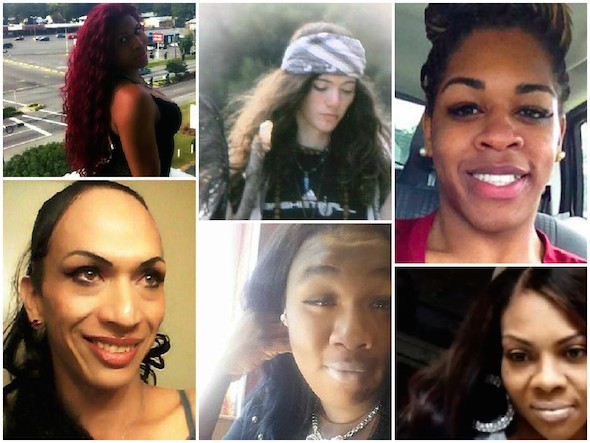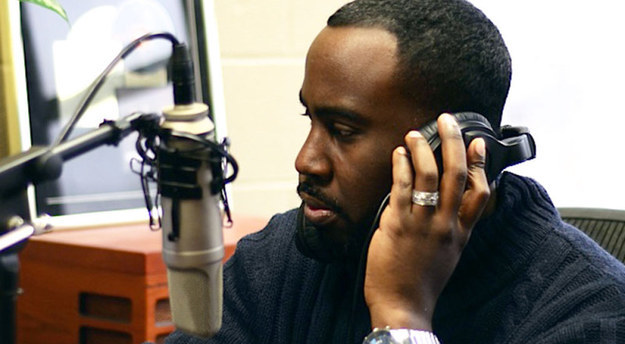Link Roundups feature articles and bits of internet goodness that our dramaturgy team digs up. If you find something you want to send our way, drop us a line on Facebook or Twitter!
♦♦♦♦♦
In American Theatre, Teresa Eyring talks about the Midnight Run in London:
The brainchild of the London-based Nigerian poet and playwright Inua Ellams, the Midnight Run is now in its 10th year and has been replicated in 4 other cities. In this anniversary year, groups of 30 or more people gathered at theatres in South, North, East, and West London (the Albany, the Roundhouse, the Almeida, and the Bush). Each group was populated with a facilitator and several artists. The facilitators’ jobs were to map out a journey through their assigned sections of London. Artists, who were part of our group, gave workshops along the way. Participants experienced parks, churchyards, secret pathways, and businesses they wouldn’t have otherwise seen—or seen in this manner. Rory Bowens, an assistant studio manager at NTS (Nuts to Soup radio), conducted interviews and captured sounds. A story was broadcast at midnight. Meanwhile, Katie Garrett filmed the experience. Honoring UNESCO’s International Year of Light, 50 percent of the proceeds went to provide sustainable lighting to a women’s center in Senegal.
♦♦♦♦♦
Bitter Gertrude’s game of Racist Art Apologia Bingo is worth reading in light of another maddening casting controversy, this involving The New York Gilbert and Sullivan Players’ production of The Mikado:
The main problem with the “preserving ART” argument is that racism and racist caricatures had one cultural context in the Victorian (or Elizabethan, or Classical, or what you will) era, and have completely different contexts now. Fighting to preserve a racist work as written most often vandalizes that work’s original intent. The racist symbol was created to convey a meaning it can no longer convey. Yellowface can no longer convey the meaning Gilbert originally intended when writing The Mikado because that meaning has been superceded by a modern understanding of yellowface’s inherent racism. Even if you believe the yellowface in The Mikado means “Victorians are racist; isn’t that funny?” it can never mean that to an audience in 2015 because yellowface is read as racist in and of itself, and stomping your feet and insisting that Gilbert’s intent was completely different does exactly nothing to change that.
